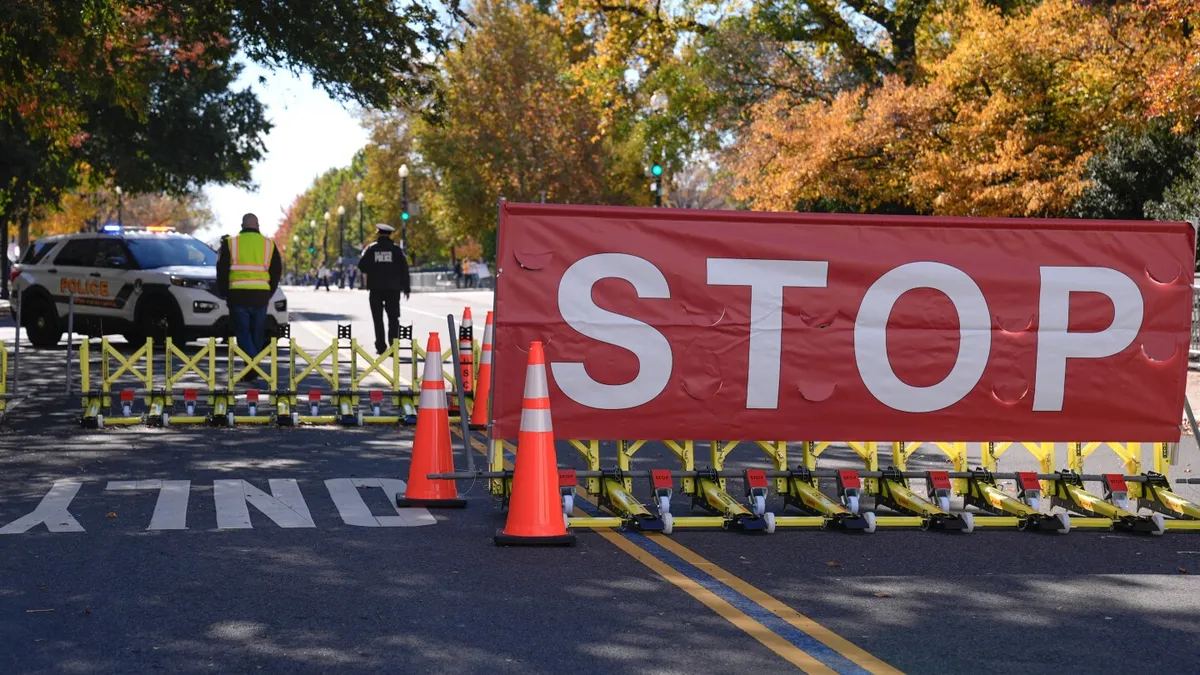
In a crucial move to address the ongoing government shutdown, Senate Democratic Leader Chuck Schumer is presenting a new proposal aimed at reopening the government on Friday. This comes in response to the Republican Party's refusal to engage in negotiations regarding their demands to extend essential health care subsidies. Schumer's offer includes simultaneous votes to not only end the government shutdown but also to extend the expiring health care subsidies for an additional year.
In addition to the simultaneous votes, Democrats are suggesting the establishment of a bipartisan committee to address the Republican Party's demands for modifications to the Affordable Care Act. Schumer emphasized the simplicity of the action required from Republicans, stating, “All Republicans have to do is say yes.” This proposal emerges amid increasing pressure from lawmakers across both parties, who are feeling the urgency to alleviate the escalating crisis affecting airports, pay for government workers, and restore delayed food assistance for millions.
Despite the significance of Schumer's offer, it remains uncertain whether Republicans will accept it. Many within the GOP have expressed opposition to a straightforward extension of the health care subsidies, insisting that tax credits require reform before moving forward. This tension has created a frustrating dynamic for Republican leaders, who need just five additional votes to secure government funding.
As the shutdown stretches on, Senate Majority Leader John Thune has urged Democrats to “end these weeks of misery.” Meanwhile, a small faction of Democrats is actively negotiating with Republicans for a resolution to the shutdown. However, the potential agreement hinges on a promise for a future health care vote, rather than providing a guarantee that the Affordable Care Act subsidies will be extended by the year's end. Many Democrats have deemed this condition as unacceptable.
Amid ongoing negotiations, Thune has indicated that he may keep the Senate in session over the weekend for the first time since the shutdown began. This decision aims to exert pressure on resolving the stalemate. A vote on a new bipartisan package, which remains undisclosed, could occur as soon as Friday. This situation presents a pivotal choice for Democrats: should they continue to fight for a meaningful deal on extending the subsidies that are set to expire in January, or should they vote to reopen the government and rely on Republicans’ promises for future health care votes?
Democrats are facing mounting pressure from unions eager for an end to the shutdown and from allied groups advocating for the extension of health care tax credits. Many Democratic lawmakers believe that the recent electoral victories indicate a public mandate to persist in negotiations until Republicans agree to extend the health care subsidies. Senator Bernie Sanders emphasized that any vote on health care must carry significant weight, requiring a commitment from the Speaker of the House and the President.
However, Speaker Mike Johnson has made it clear that he will not make any commitments regarding a health care vote, stating, “I’m not promising anybody anything.” Johnson's refusal poses a significant hurdle for negotiators. Senator Gary Peters, a moderate Democrat involved in the discussions, noted that Johnson's comments present a substantial problem for reaching a consensus.
As negotiations progress, there have been discussions regarding the potential inclusion of provisions to reverse mass firings of government workers. Senate Appropriations Committee Chairwoman Susan Collins has expressed her desire for furloughed workers to receive back pay and for those terminated during the shutdown to be reinstated. However, it remains unclear whether these worker protections will be part of the new bipartisan package.
As the situation develops, the urgency for both parties to find common ground intensifies, with the future of government funding and essential health care subsidies hanging in the balance.